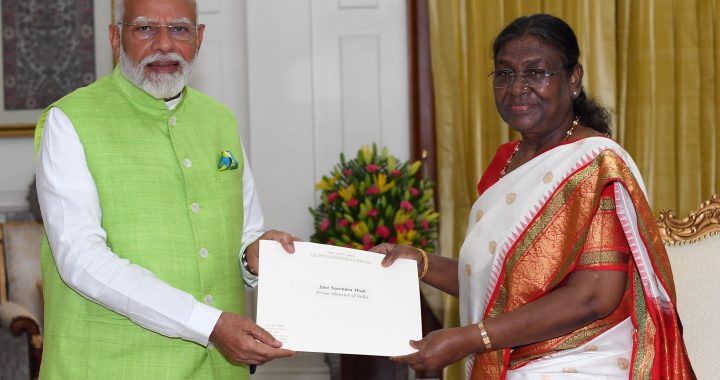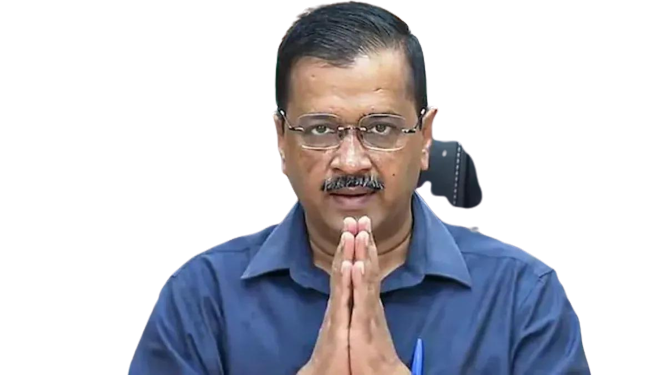Article 370 is a constitutional provision that gave Jammu and Kashmir its special status.
The Jammu and Kashmir Redistribution Bill was introduced in the Rajya Sabha on 6 August 2019. Article 370 was the constitutional provision through which the special status that Kashmir has historically held under the Indian Constitution was guaranteed.
Two months after independence, on 20 October 1947, Kashmir was attacked by a large number of armed tribesmen, forcing Hari Singh, the ruler of Kashmir to write to Governor-General, Lord Mountbatten, asking India to provide military aid. Attached to this letter asking for aid was the instrument of accession to India, which was signed by Singh. Mountbatten signed the instrument on 27 October 1947. As per the document, however, only defense, external affairs, and communications would be handed over to the government of India, while control over all other sectors was to be retained by the ruler, under the Jammu and Kashmir Constitution Act 1939.
Kashmir after Article 370
This conference is part of a series of dialogues on the political and security situation in Jammu and Kashmir. The abrogation of Article 370 and bifurcation of J&K into two union territories has created a political vacuum and pushed the region in yet another phase of uncertainty.
After Article 370
Article 370 is a constitutional provision that gave Jammu and Kashmir its special status.
- J&K Constitution scrapped
Before Article 370 J&K was the only state with its own Constitution. and after this article With the scrapping provisions of Article 370, the separate Constitution ceases to exist.
- Separate flag
Before 370 – The J&K state had two different flags – India and the state but after article 370 there would be no separate flag for the state.
- Indian can now buy properties in J&K
Before Article 370 – Only residents of J&K could buy and sell properties in the state and after this article, any Indian citizen will be able to buy and sell properties in J&K.
- CRPC in, RPC out
Before 370 – Residents of J&K had separate laws related to citizenship, ownership of property, and fundamental rights. But after Article 370 – There will be no separate laws for the citizens of J&K.
- The state becomes a Union Territory
Jammu and Kashmir were a state with special status and After Article 370 its downsized to a Union Territory with legislature while Ladakh becomes the Union Territory without any legislature.
Indian constitution
Indian constitution gave special status and a part of the larger region of Kashmir, which has been the subject of dispute between India and Pakistan conferring and gave with the power to have a state flag, and a separate constitution, autonomy over the internal.
Article 370 knowledges the special status of the state of Jammu and Kashmir in terms of autonomy and its ability to formulate laws for the state’s permanent residents. In the order of Presidential, among other things, the Fundamental Rights in the Indian Constitution were made applicable to Kashmir with exceptions.








